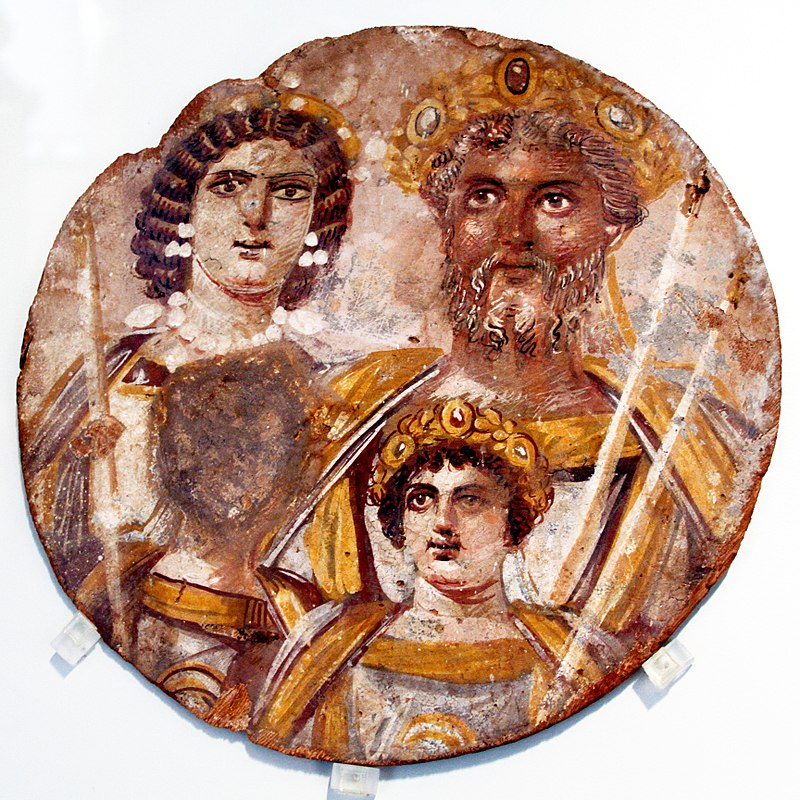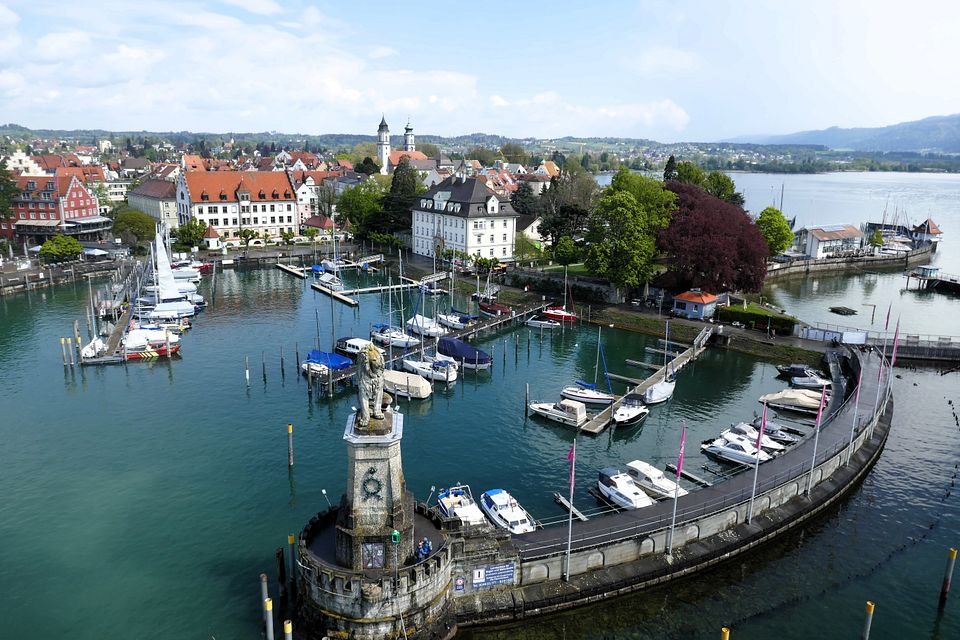A few words about my personal selection criteria. I had to find cut-off points, not least because there are so many interesting ladies. But I decided not to pick any who while born in the 18th century had the majority of their lives happening in the 19th, and/or key events of their lives, which meant, among others, no Emma Hamilton (who should definitely get a miniseries), and no Rahel Varnhagen. (Generally speaking, I used the French Revolution as a cut off point, not least because it felt like the beginning of a new era, though in one case I picked somone who did experience that era and beyond, will explain there.) Conversely, I didn't pick any lady who lived into the 18th century but had the majority of their lives happening in the 17th, which means, alas, no Liselotte (Elisabeth Charlotte of the Palatinate, she who was married to Philippe d'Orleans, Monsieur, the gayest man of his time and our German correspondent in Versailles with ALL the good gossip) and not her favourite Aunt, Sophia of Hannover (almost Queen of England but for Cousin Anne surviving her for a few months), either. (Both definitely deserve their own series.)
Also, I tried to consider the demands of tv, i.e. someone like Laura Bassi, philosopher, physicist and sole female member of the University of Bologna has the drawback that her life went too smoothly, the patriarchy not withstanding. She got the recognition. She married the man she loved (despite some grumblings from the university which was prepared to accept chaste Minervas but not married women as lecturers (of men, omg!). Her husband was a champ who didn't oppress her or stand in her way but supported her. She was financially independent. Basically, unless you invent a lot and make her life very different from what it was, there are no big obstacles to overcome. I could see a movie made about Laura where the grumblings about her getting married are the obstacle and the happy ending is when she continues to teach as a wife and mother, but it's not enough for a miniseries, never mind a multi season one. On the other end of the scale, there's Luise Gottsched, one of the female pioneers of German writing, who had a very very depressing life in that her husband (also a writer) demanded she devote herself to his work first and foremost, exploited her, and in the end cheated on her. Leaving aside the difficulty of dramatizing the act of writing (always tricky with writers who didn't have another job), it's just one depressing thing after another, and no satisfying pay off because it would take centuries until she was properly appreciated in cultural history.
All this being said: here are some fascinating women from the 18th century with series format friendly lives, belonging in several (overlapping) categories: ladies of the theatre, ladies of science, writers, politicians and courtiers. This is by no means a complete list, but Darth Real Life has returned to me.
Lady Mary Wortley MontaguWho was she? Georgian wit, writer, traveller and member of a bisexual love triangle
Miniseries or multi season: Both possible; you could focus on just one era of her lilfe (miniseries) or cover the decades from her childhood where she's teaching herself Latin when she's not cheeky with members of the Hellfire Club to her middle and old age in Italy when she's dealing with Italian robbers when she's not shocking young Horace Walpole by dancing and having bodily fluids while over 50.
Lady Mary's most famous work as a writer were
the Embassy Letters, from when her husband was the British Ambassador to Turkey. (Which also led to her becoming a medical pioneer who brought inocculation against smallpox to Britain.) You can read my review of her biography
here and a summary of her part in the bisexual love triangle
here.
Émilie du ChâteletWho was she? French Mathematician, physicist and philosopher; had a stormy decades long love affair with Voltaire
Miniseries or multi season: Miniseries. Alas, she died at age 42 in the aftermath of childbirth, so you can do the childhood, youth and getting married thing in the first episode and devote the rest to her career as a scientist and love affairs, of which there were several in addition to the main one with Voltaire, until she dies early and tragically but not before finishing her magnum opus, the translation and commentary of Newton's
Principia into French which is still the one in use today.
Reviews of several biographical works about her can be read
here.
Caroline Neuber "Die Neuberin"Who was she? German actress, company manager (which women just weren't in those days, so people constantly felt obliged to say she had a manly spirit) and German theatre reforming pioneer
Miniseries or multi season: Both are possible, again depending on whether you pick just one era of her life or cover the whole thing. Given teenage Caroline has an abusive Dad to escape from (seriously: he whips her, she has a scar from that in her face for the rest of her llife, and given she's an actress, a great many people get to see it, and then after her first escape attempt he gets her locked up in prison for 14 months, but then she escapes again and for good), it starts with great drama right from the beginning. What she's most famous for is a) working with the Gottscheds (see above for Luise and her exploitative but important for German literary history husband) to produce dramas in German on the stage that weren't just Punch-and-Judy farces, thus proving the claim you can do serious drama in German instead of French, and b) leading her company instead of letting a man do it. Her life ended mid 7 Years War, so about as dramatic as it started, and there really is enough material for a a whole series, but equally you can do a classical theatre drama (i.e. focus on Caroline getting her company going against the odds and landing her first successful performances, something like that.
Her wiki entry is here.
Margaret "Peg" WoffingtonWho was she? Georgian Irish stage actress, successful in both female and male parts (her debut was as Macheath)
Miniseries or multi season? Miniseries; another lady who made it barely past 40, alas. But she died wealthy and admired, i.e. the exact opposite of the contemporary cliché involving actresses with lots of love affairs and fiery rivalries.
Her wiki entry is
here.
Barbara "La Barbarina" Campanini Who was she? Italian Ballet dancer, international European superstar of her day
Miniseries or multiseason?: Miniseries, this time not because of an early death but because once she retires into respectability and heading charities in Silesia, there's not much tv friendly material for her old age.
Here is a highly entertaining summary of her dramatic life (and love life) written by
![[personal profile]](https://www.dreamwidth.org/img/silk/identity/user.png) mildred_of_midgard
mildred_of_midgard; let me add that since then, we found out the Scot Barbarina was either engaged or married to when Frederick the Great kidnapped her was the brother of Lord Bute (as in teacher of George III, short lived PM of same, son-in-law of Lady Mary, because it's a small 18th century world).
Gertrud Elisabeth Schmeling MaraWho was she? musical violinist Wunderkind turning soprano European superstar; marries debauched cellist and boyfriend of Prussian Prince.
Miniseries or multi season? Miniseries, but one devoting the entire first episode on her wunderkind phase where her father is a wannabe Leopold Mozart, not least because it's an interesting possible reply to "what if Leopold had continued to tour with Nannerl as well as Wolfgang once she hit puberty?" Conversely, the last episode will have to cover her entire old age once Napoleon invades Russia and this sets her retirement funds literally aflame. The dramatic middle point being of course her time in Prussia, complete with bisexual love triangle and dramatic escape attempt. (Again; what is it with Prussia and dramatic escape attempts?)
All the juicy details about her life are to be found
here.
Julia von MengdenWho was she? Livonian courtier, favourite and likely lover of Anna Leopoldovna; was involved in Anna Leopoldovna becoming Regent in 1740, got engaged to Anna's male fave, Saxonian Envoy Lynar (if you're thinking threesome, you're thinking what everyone was thinking at the time); after Elizaveta Petrovna's coup that deposed Anna, chose so go with Anna into exile and imprisonment; was eventually freed by Catherine II.
Miniseries or multiseason? Miniseries, with the last episode devoted to the decades of imprisonment - entire seasons of same would not offer much drama, after all.
Julia has only
a short wiki entry in English, but I picked her for a couple of reasons: a) as a courtier, she experiences four female Russian rulers in a row (Anna Ivanova, Anna Leopoldovna, Elizaveta and Catherine), but by focusing on her instead of them, the miniseries has the chance for simultanous closeness and critical distance; Julia's loyalty to Anna Leopoldovna is genuinely touching; it's one in the eye for Putin's homophobia and machismo.
Maria Theres(i)a Who was she? Archduchess of Austria, Queen of Hungary, Queen of Bohemia, Empress (Consort, technically) of the Holy Roman Empire, etc., etc. One of the most important rulers of the 18th century. She and Frederick the Great were each other's Arch Nemesis. English speaking folk mainly know her as the mother of Marie Antoinette, which is a source of frustration to me.
Miniseries or multi season? Multi season. There has been a series in recent years which was basically three different miniseries, one for young, one for middle aged and one for old MT, but while it had some good bits, by and large I felt all the changes were hugely talking down to the audience, assuming it wouldn't get 18th century politics or female main characters as problematic in their way as their male counterparts. So I really want a series that covers her entire life (okay, fine, it can start when she's a teenager) in the spirit of
John Adams.
Her
English Wiki entry is okay as a start, but if you want something less dry with original quotes that are fun to read and give a good idea of her personality and why I find her interesting,
here is a collection of quotes by her and Frederick about each other during their life time rivalry.
The other days













